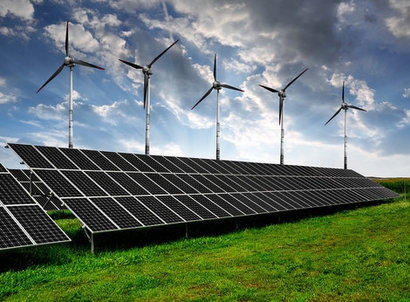
Order 2222 in theory enables DERs to participate in regional organised wholesale energy markets through aggregations, thereby opening these markets to new sources of energy and grid services, including renewable energy technologies. The intention is that in turn it will also help to reduce energy costs for consumers.
However, according to ACORE President and CEO Gregory Wetstone, the FERC is also working against the principle set by Order 2222 by continuing to erect barriers to the entry of new technologies in PJM and NYISO through the use of minimum offer price rules.
“The Federal Energy Regulatory Commission (FERC) issued Order No. 2222, which rightfully removes barriers to the participation of aggregated distributed energy resources (DERs) in the nation’s wholesale energy markets” said Mr Whetstone. “This order appears to make DERs, like rooftop solar and home energy storage, available as a tool to expand the diversity of our nation's energy resource mix. Integrating aggregated DERs will lower consumer costs, increase electric reliability and unlock the potential for new innovation. We’re glad today’s order appears to recognise the principle that any resource able to provide a defined service should be able to compete in the market, and we look forward to reviewing it in further detail. Unfortunately, while today’s order on distributed energy resources follows in the forward-thinking footsteps of Order No. 841 on energy storage, no market can be free until arbitrary resource-specific price floors are eliminated. We therefore encourage FERC to uphold and extend this same commitment to free and fair market competition by allowing the full participation of new technologies in the nation’s energy capacity markets.”
For additional information:

